Top 2 Questions from Family Recovery Group
Family Recovery Group:
FAVOR Greenville conducts 4 family groups per week with at least 140 people in attendance in any given week. We have served over 6,000 family members the past 4 years. With that in mind we will explore some of the more common themes that arise from the group discussion.
An instructional manual for family members based on the most common Family Recovery Group questions. Two questions per day:
1) What the hell is wrong with my loved one? Substance use disorders occur on a continuum. One of the most challenging issues is getting someone to realize they “have a problem”. There is no x-ray or blood test that will definitively reveal the presence of “addiction”. The closest thing we have to a definitive diagnosis comes via the Diagnostic and Statistical Manual of Mental Disorders (DSM-V). We also know that not everyone who “parties hard” is addicted.
We also know that addiction is more than bad behavior. There is a fundamental “brain change” that occurs when addiction enters the picture.
This has been hotly debated and many people challenge this assumption.
There are some who believe addiction is a moral choice, there are some who believe it is a problem of connection, others who believe it is a learning disorder, and some who believe that it is a spiritual problem.
There are also people who believe addiction is a combination of all of the above.
There is probably much we do NOT know about addiction. We essentially stopped learning in the 1970’s when the Minnesota Model took over treatment. However, I think it is important for people to realize that the brain is impacted. Regardless of how you semantically describe the process; something changes in the brain. This contributes to compulsive use and obsessive thinking about the substance and use despite consequences:
This image displays the depressed dopamine levels that occur with chronic substance misuse. I’m not a neurologist but I would prefer the brain on the right over the brain on the left. The absence of dopamine prohibits the experience of pleasure resulting in the addictive behaviors described above.
Dr. Kevin McCauley in “Pleasure Unwoven” uses the example of a diabetes Type 2 to illustrate the disease of addiction.
Diabetes Type 2 is a chronic, lifestyle disease you “give to yourself” based on choices you make regarding substances you put in your body.
Addiction is a disease you “give to yourself” based on choices you make regarding substances you put in your body.
What can I do about this?
The best way to answer this question is to describe the treatment and recovery process. However, I would like to take a moment and discuss crisis response. It is likely that you have experienced potentially life-threatening situations and dangerous behaviors when dealing with a loved one’s addiction. If this is the case you need to take action to ensure everyone’s safety.
In most areas, this means contacting 911 and/or emergency services.
If a person is out of control and a danger to themselves or another person you have no choice but to make this call. Believe it or not, sometimes legal involvement can be a blessing in disguise.
There are multiple options and ways to attack this issue. Most people have heard about “rehab” and many equate this to recovery. Rehab does not equal recovery. There are different levels of care associated with the treatment process and a thorough clinical assessment can help determine the recommended level of care.
The single most difficult part of the process is getting your loved one to recognize the problem and follow through on the services. Interventions can help with this. Family recovery groups can help you as you work through this issue. However, interventions require serious commitment on the part of the family.
If you are not able to put together an intervention team you may be able to solicit some support outside the family. Perhaps someone else can talk to your loved on? Sometimes we listen to others while we ignore those close to us. Developing a recovery message is also an important part of the process.
A recovery message comes from a place of love rather than confrontation. It is important to communicate that you are concerned with your loved one’s health and this is not meant to be punishment.
Putting together the team can be a difficult process. It’s important that everyone be on the same page. All significant people in the person’s life need to be in agreement. Sometimes you can accept “lower level” of care if it means everyone can come together.
For example, you may agree that the person will start at an outpatient level of care rather than an inpatient rehab level of care. Quite frankly, if you are able to get the person to a clinical assessment you have made some good in-roads. It’s not all about rehab. Please understand many people recovery without rehab.
Special Note: there is no such thing as “tough love”. You may need to work on the appropriate expression of love. But you do NOT need to be tough. Love involves setting boundaries. You DO NOT have to be mean in order to make your loved one get help.
It is important to get good support and advice when working through these things. I have heard people give families the most outrageous advice. Things like: “Kick the bum out”; “Don’t even give him a baloney sandwich”; “Don’t talk to them at all”; “Cut all ties”. This may be appropriate in extreme cases but it should not be applied across the board. Everyone’s situation is different. Every case is individualized. Please select your support system carefully. It can get real ugly out there.
Special Note Number 2: Beware the treatment center predators. If you call a 1-800 phone number they may try and bully you into getting your loved one into treatment “today or they will die”. Try to find a therapist or a person with some independent training to help you decide what to do. The rehab “pimps” are everywhere.
Remember, recovery is a process so taking care of yourself along the way is extremely important. It is okay to focus on getting your loved one help. It is unrealistic to think you will “walk away” from them and “detach” completely. We would encourage you to explore all options, including family intervention/coaching support. However, it is important that you try and take care of yourself along the way.
We will continue this series and talk about other common questions including options for self-care.
Stay tuned….

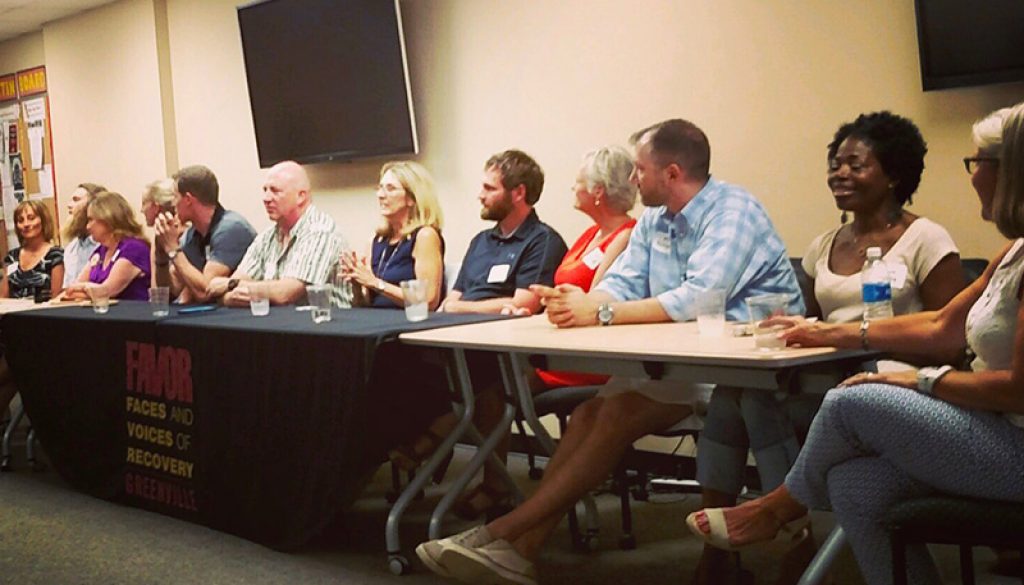
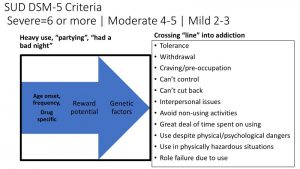
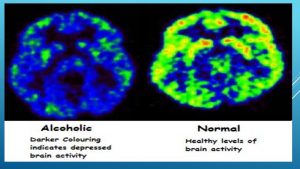
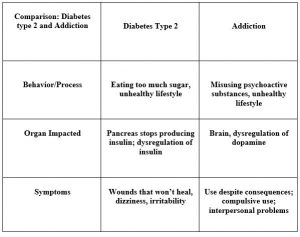
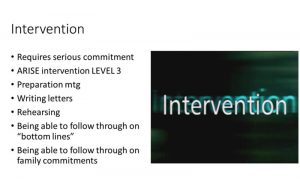



August 3, 2017 @ 2:56 am
So much work and very hard work. My daughter did it 13 yrs ago and still doing well.
August 5, 2017 @ 1:52 am
This is very inspiring because i c your creativity in guiding family members who’ve lived in the living room with the elephant for to long… Thumbs Up ..on the self care and setting limits Change is so emancipating especially for codependent family members
August 9, 2017 @ 6:50 pm
Very inspiring truth. Thank you for giving me eyes to see things in a different way. I agree love them and set boundaries.